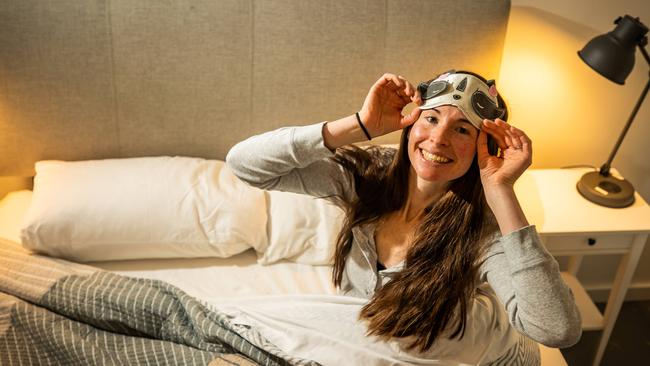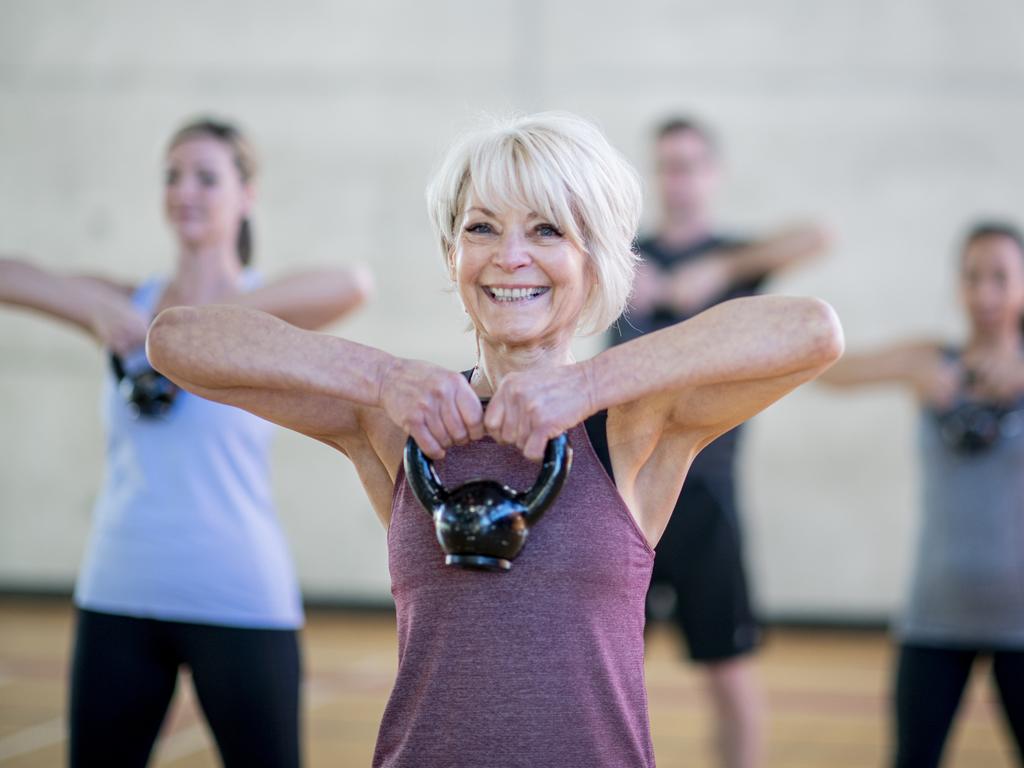Hit snooze this holiday season – it’s good for you
This is the only time of year when we’re allowed to surrender to this delicious little indulgence without judgement. And a study has shown there should be no judgement – a daytime kip is good for us.

And now let us slide gently into the season of the napping; that languid time, usually post Christmas Day, when we close our eyes and gently, sublimely, surrender. It is the season when we drift and fall into oblivion, to be woken with a bewildered start of “Where am I?” It could be mid-afternoon perhaps, or after a lunch of Christmas scraps, or mid-morning after a first bracing swim of the day. It is about brushing off the rock of stress that’s been accumulating in the clench of shoulders over a too-busy year, about eliminating cobwebs of exhaustion that have gathered over us in an existence of too much to do, on too little sleep.
The dream is the nap, now, preferably face-down on the sand, with the roar and the thump of the surf behind us. Or on our back in a swag in a dry creek bed under the dancing shade of a red river gum. Or perhaps on a cane couch tucked deep within a verandah’s coolness. In the womb of a darkened bedroom, under a ceiling fan, among a mess of sheets. On a dipping sofa as the cricket gently thwacks and murmurs from the box in the background, or while the kids and their cousins thunder in squealy rampage through the house. In hammock or on towel, in Jason recliner or passenger seat as the car heads up the coast, bring on the Australian holiday season, I say, and the sovereignty of the daytime nap. We all need it. It’s been a big year.
This is the only time, perhaps, when we’re allowed to surrender to that delicious little indulgence without judgement. And a study this year showed that there should absolutely not be any judgement – because the lovely daytime kip is actually good for us. Wonders and hallelujah for that. The nap amid the blare of daylight actually expands brain power, especially as we age, according to research from University College London and the University of the Republic in Uruguay. The conclusion: daytime naps may help to preserve the health of our brains by slowing the rate at which they shrink. Ah, so our brains contract? All the more the reason to dive into the tonic of napping.
The researchers estimated that the average difference in brain volume between people who are habitual nappers, and those who aren’t, was equivalent to 2.6 to 6.5 years of ageing. Their study found a causal link between regular napping and larger brain volume – a marker linked to lower risk of dementia and other diseases. Previous research has shown that people who have had a short nap perform better in cognitive tests in the hours afterwards.
The report’s senior author, Dr Victoria Garfield, concluded, most sensibly: “I hope studies such as this one, showing the health benefits of short naps, can help to reduce any stigma that still exists around daytime napping.” What a boost to humankind she is.
Because sometimes the body just cannot resist that tugging pull into replenishing oblivion. It insists and you must succumb to the bliss of momentary, clandestine hibernation. Goodbye clamouring world, goodbye stress, even if only for 20 minutes. It is about responding to our body – it’s telling us something, and we must obey if we can. For some, this daily recalibration leads to increased effectiveness, a renewal of energy; in Spain, the daytime nap is written into the country’s code.
So, dear reader, go forth and nap, replenish and repair. Because we’re now about to enter the season of the officially sanctioned catchup sleep, filled with sun and salt and fresh air, looseness and laughter and love; we hope. And daytime napping, well, let’s just conclude that it’s medicinal. So happy holiday season. And may there be many naps ahead for you, in these glorious days of the guilt-free kip.








To join the conversation, please log in. Don't have an account? Register
Join the conversation, you are commenting as Logout